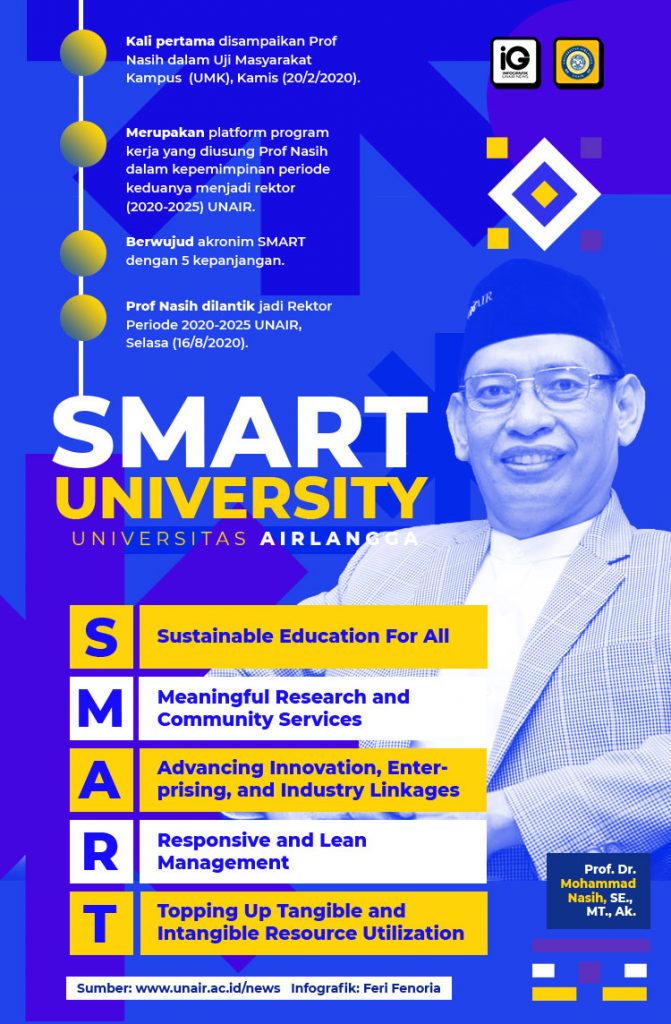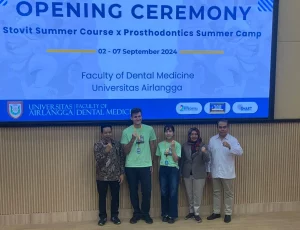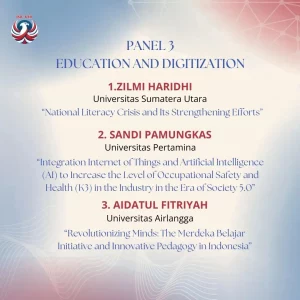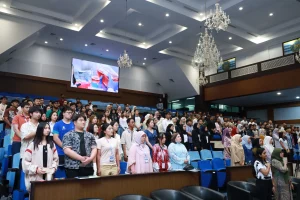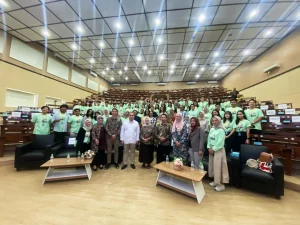UNAIR NEWS – The “SMART University” platform was promoted by Prof. Nasih for his second term of leadership at Universitas Airlangga. Prof. Nasih was re-inaugurated as Rector for the 2020-2025 period by Prof Hatta Ali (Chairman of MWA) on Tuesday, June 16, 2020.
The program’s operation takes the form of SMART acronym, which consists of five key concepts: Smart education for all; Meaningful Research and Community Services; Advancing Innovation, Enterprising, and Industry Linkages; Responsive and Lean Management; and Topping Up Tangible and Intangible Resource Utilization.
The first concept is Smart education for all. It indicates the development of agile (adaptive) education and teaching, especially aimed at millennials facing technological developments. The implementation is in optimizing the use of the latest technology for the needs of all campus life.
In this case, education and teaching will slightly change. The curriculum will be reorganized to be more relevant and flexible according to future challenges. One of them is reinforcing the Independent Campus program. Furthermore, the knowledge transfer model will be enriched. Vocational programs are strengthened. An entrepreneurship center, business incubator, and teaching industry will also be developed.
Furthermore, Meaningful Research and Community Services emphasized that research development and community services should refer to technology and humanities with a significant impact on SDGs ( Sustainable Development Goals) by encouraging research and community service that is more meaningful for life. Research climate and capacity will be improved through research groups, research centers, and collaborations. Moreover, interdisciplinary research will be further encouraged through research mandate programs and research groups.
“There will be no more useless research. Research and community development must be encouraged to give meaning and improve quality,” said Prof. Nasih.
The next concept, Advancing Innovation, Enterprising, and Industry Linkages, refers to developing an ecosystem for innovation-based economy. In this case, it accelerates innovation which is not only physical but also social innovation. One of the things that will be done is to facilitate patents, HAKI (Intellectual Property Rights), and brands.
Then, the concept of Responsive and Lean Management shows that university management is based on the principles of accountability, transparency, responsibility, independence, and fairness. It requires all academics to be responsive to various conditions and circumstances. It is realized in order to ensure the implementation of the Tridharma of Higher Education which is high-quality, effective, and efficient.
“All work units, faculties, and university management must be responsive to various situations and conditions. At the same time, they are responsible according to their respective functions,” he said.
Lastly, Topping Up Tangible and Intangible Resource Utilization refers to optimizing assets and resources for the benefit of implementing the Tridharma of Higher Education. All UNAIR potentials are encouraged to support the pillars of education, research and community services. (*)
Author: Feri Fenoria
Read also:


